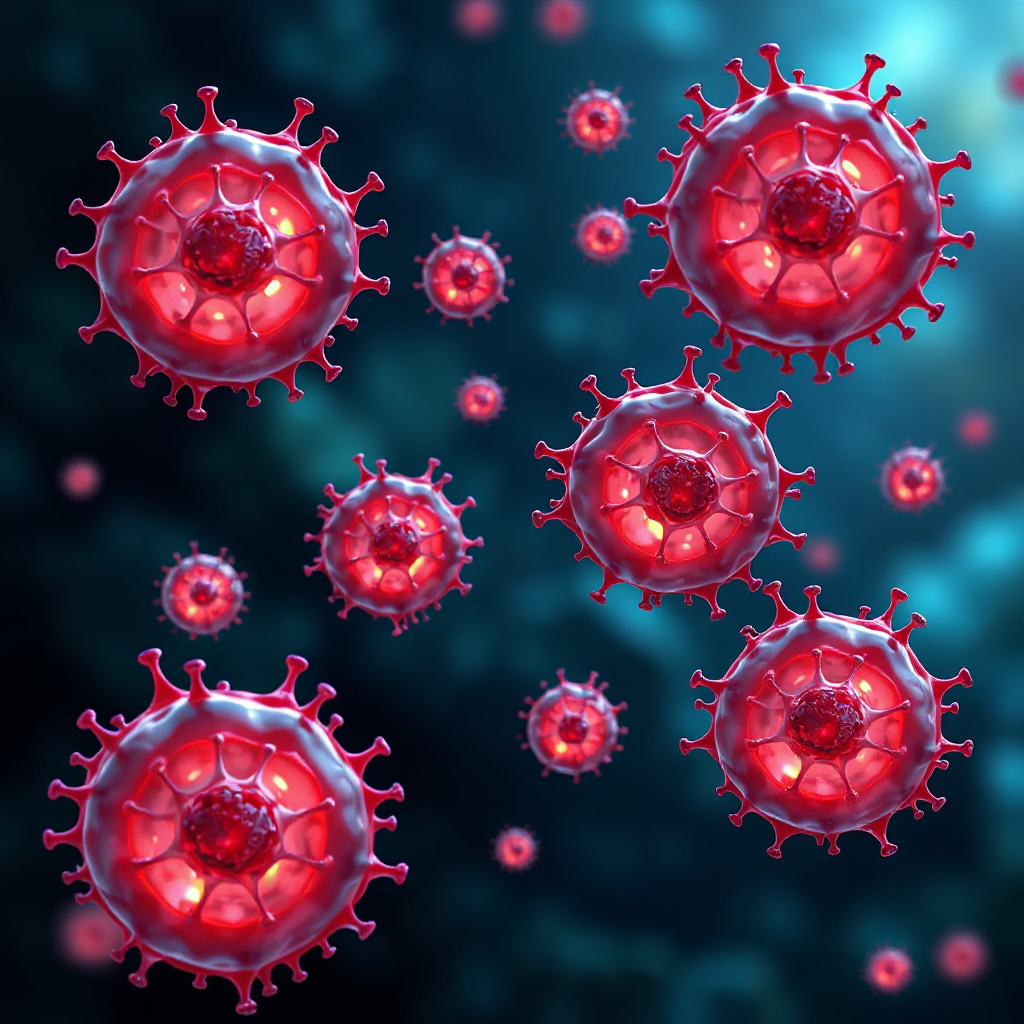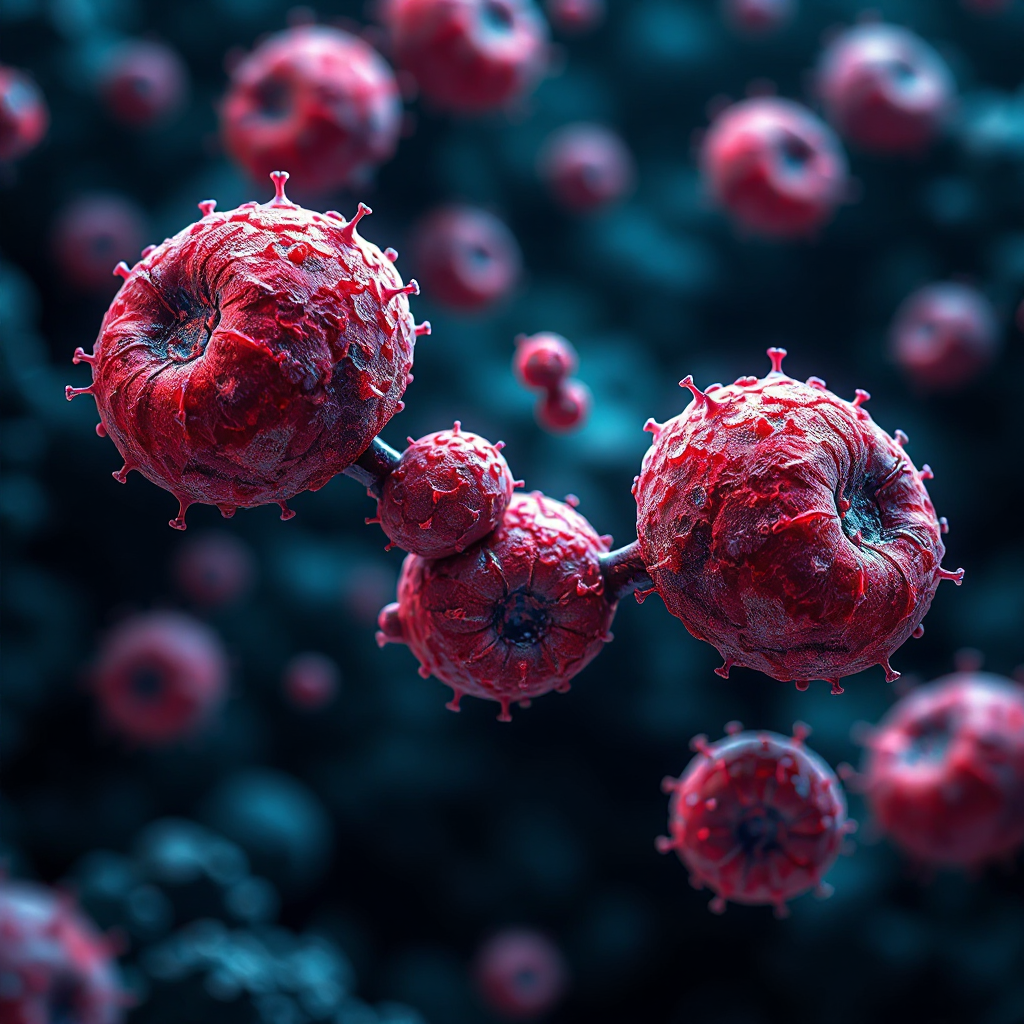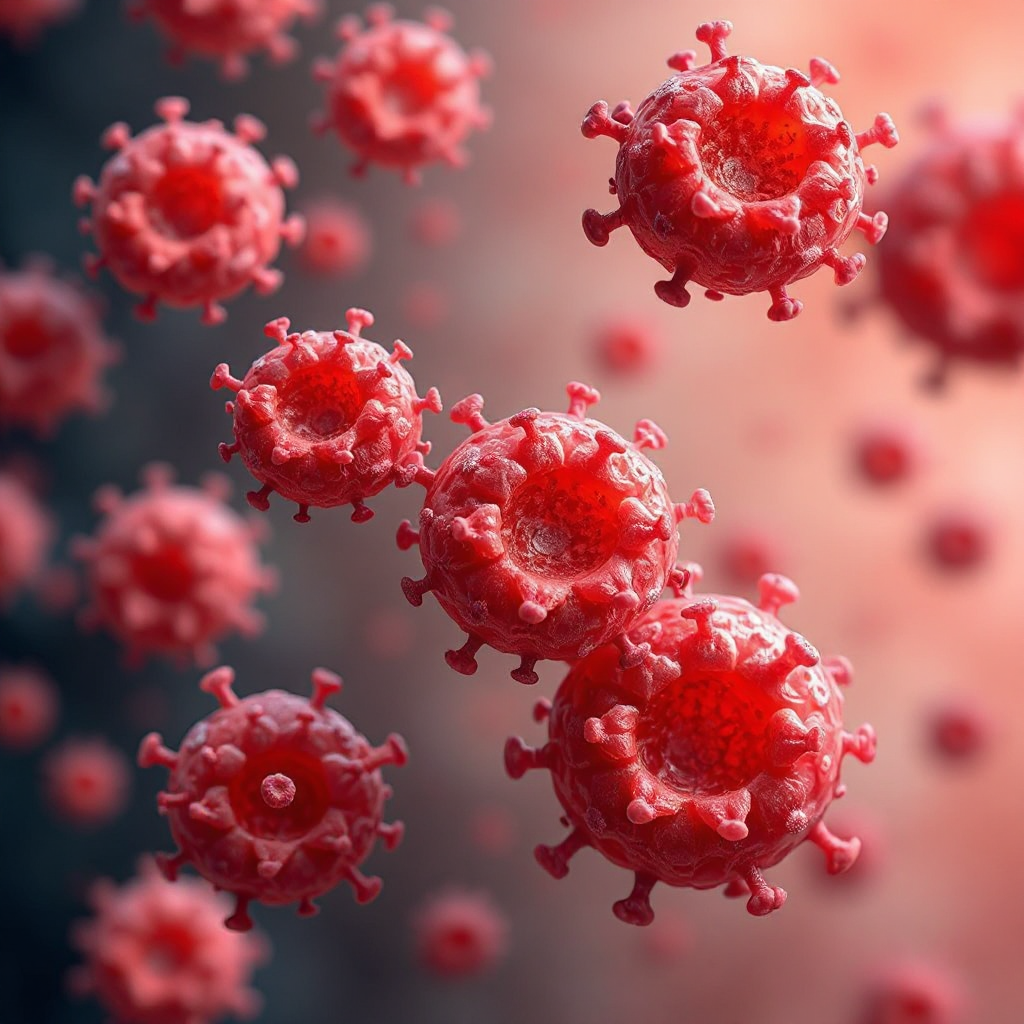Vulvar Cancer-What Are the Symptoms and Causes

Vulvar cancer often begins with subtle symptoms that you might overlook. Persistent itching, pain, or unusual changes in the vulvar area could signal its presence. Globally, the incidence rate stands at 2.6 per 100,000 women annually, with regions like Western Europe and Northern America reporting higher rates. Early detection significantly improves outcomes. For localized cases, the five-year survival rate reaches 86%, compared to just 19% for distant stages. Regular check-ups and awareness of these signs empower you to act promptly and protect your health.
Key Takeaways
Look out for constant itching or changes in the vulvar area. These might be early signs of vulvar cancer.
Visit your doctor regularly for check-ups. This helps find problems early and improves treatment chances.
Learn about your risks, like being older or having HPV. Knowing this can help you stay safe.
See a doctor if you find lumps, sores, or bleeding not from your period.
Stay healthy by not smoking and keeping clean. This can reduce your chance of vulvar cancer.
Symptoms of Vulvar Cancer

Early Symptoms
Persistent itching or burning
Persistent itching or burning in the vulvar area often serves as one of the earliest signs of vulvar cancer. You might notice this discomfort lasting for weeks, even after trying over-the-counter remedies. Unlike temporary irritation, this symptom doesn’t resolve on its own and may worsen over time.
Pain, soreness, or tenderness
Pain or tenderness in the vulvar region can feel unusual and persistent. This discomfort might occur during daily activities or when sitting for extended periods. If you experience soreness that doesn’t improve, it’s essential to consult a healthcare provider.
Changes in skin color or texture, such as thickened or discolored patches
Changes in the appearance of the vulvar skin often indicate early stages of vulvar cancer. You might observe areas that appear lighter, darker, or redder than the surrounding skin. Thickened patches or rough textures could also develop, signaling the need for further evaluation.
Visible Changes
Lump, sore, or wart-like growth on the vulva
A lump or wart-like growth on the vulva is a common visible change associated with vulvar cancer. These growths may feel rough or have a raw surface. If you notice any unusual bumps, it’s crucial to seek medical advice promptly.
Open sore that does not heal
An open sore on the vulva that persists for weeks or months could be a warning sign. Unlike minor cuts or abrasions, these sores fail to heal and may even grow larger over time.
Bleeding or blood-stained discharge not related to menstruation
Bleeding or discharge unrelated to your menstrual cycle is another symptom to watch for. This could appear as spotting or a heavier flow and often accompanies other visible changes in the vulvar area.
Advanced Symptoms
Pain during urination or sexual intercourse
Pain during urination or sexual activity may occur as vulvar cancer progresses. This symptom often results from sores or growths affecting sensitive areas. If you experience this discomfort, it’s important to discuss it with your doctor.
Swelling in the vulvar area or nearby lymph nodes
Swelling in the vulvar region or groin area could indicate advanced stages of vulvar cancer. Enlarged lymph nodes often accompany this swelling, signaling that the cancer may have spread.
Note: Many of these symptoms overlap with other gynecological conditions. However, persistent or worsening symptoms should never be ignored. Early detection of vulvar cancer improves treatment outcomes significantly.
Causes and Risk Factors of Vulvar Cancer
Common Causes
Human papillomavirus (HPV) infection
HPV infection plays a major role in the development of vulvar cancer. High-risk HPV types, particularly in younger women, are linked to more than half of all cases. This virus can cause changes in the cells of the vulva, increasing the likelihood of cancer over time. If you have a history of HPV, regular screenings can help detect abnormalities early.
Chronic inflammation or autoimmune conditions
Chronic inflammation in the vulvar area can also contribute to cancer development. Conditions like lichen sclerosus or lichen planus often lead to prolonged irritation. Over time, this persistent inflammation may cause cellular changes that increase the risk of vulvar cancer. If you experience ongoing discomfort or irritation, consulting a healthcare provider is essential.
Risk Factors
Age (more common in women over 50)
The risk of vulvar cancer rises with age. Women over 70 account for nearly 30% of cases. According to statistics, the highest incidence occurs in women aged 65 to 75 years. Staying vigilant about symptoms becomes increasingly important as you age.
Smoking
Smoking introduces harmful chemicals into your body that can damage DNA and weaken your immune system. This makes it harder to fight off abnormal cell growth. For women with HPV, smoking significantly increases the risk of vulvar cancer. Quitting smoking can reduce this risk and improve overall health.
History of precancerous conditions like vulvar intraepithelial neoplasia (VIN)
If you’ve been diagnosed with VIN, your risk of developing vulvar cancer is higher. VIN involves abnormal cell changes in the vulva, which can progress to invasive cancer if left untreated. Regular follow-ups with your doctor can help manage this condition effectively.
Weakened immune system
A weakened immune system reduces your body’s ability to fight infections and abnormal cell growth. Conditions like HIV/AIDS or the use of immunosuppressive medications increase this risk. If your immune system is compromised, staying proactive about your health is crucial.
Family history of vulvar or other gynecological cancers
A family history of vulvar cancer or other gynecological cancers can increase your susceptibility. If close relatives have had these conditions, you may have a higher genetic predisposition. Sharing this information with your healthcare provider can guide personalized screening and prevention strategies.
Tip: Understanding these causes and risk factors can help you take preventive measures. Regular check-ups and lifestyle changes, like quitting smoking, can lower your risk of vulvar cancer.
Importance of Early Detection in Vulvar Cancer

Benefits of Early Diagnosis
Higher chances of successful treatment
Detecting vulvar cancer early significantly improves your chances of successful treatment. Regular pelvic exams and awareness of symptoms play a crucial role in identifying the disease at its earliest stages. When caught early, nearly 87% of women survive for five years or longer. This is a stark contrast to the 22% survival rate when the cancer has spread to distant areas. Early diagnosis allows for less invasive treatments, which can preserve your quality of life and reduce recovery time.
Reduced risk of cancer spreading
Early detection minimizes the risk of vulvar cancer spreading to other parts of your body. Localized cancer has an 86% five-year survival rate, while regional and distant stages see survival rates drop to 53% and 19%, respectively. By addressing the disease early, you can prevent it from advancing and affecting nearby tissues or lymph nodes. This highlights the importance of staying vigilant about any unusual symptoms and seeking medical advice promptly.
Stage | 5-Year Relative Survival Rate |
|---|---|
Localized | 86% |
Regional | 53% |
Distant | 19% |
Role of Regular Check-Ups
Importance of routine gynecological exams
Routine gynecological exams are essential for early detection of vulvar cancer. These check-ups help identify abnormalities or precancerous changes that may not cause noticeable symptoms. During a pelvic exam, your healthcare provider can detect signs of cancerous growths or other issues that require further investigation. Regular screenings empower you to take control of your health and catch potential problems before they progress.
Routine exams help identify early signs of vulvar cancer.
Pelvic exams can detect abnormalities or precancerous changes.
Early intervention leads to better treatment outcomes.
Discussing symptoms or concerns with a healthcare provider
Open communication with your healthcare provider is key to early detection. If you notice persistent itching, unusual lumps, or changes in the vulvar area, share these symptoms during your appointment. Prepare for your visit by writing down your symptoms, personal health history, and any medications you take. Asking questions about your condition and treatment options ensures you stay informed and involved in your care.
Tip: Bring a trusted friend or family member to your appointment for support and to help you remember important details.
Vulvar cancer symptoms, such as persistent itching or unusual changes in the vulvar area, require immediate attention. You can reduce your risk by understanding its causes and adopting preventive measures. Regular screenings, HPV vaccination, and safe sexual practices play a vital role in prevention. Maintaining a healthy lifestyle, including avoiding smoking and practicing good hygiene, further lowers your risk.
Tip: Self-examination of the vulva helps you detect abnormalities early. If you notice any changes, consult a healthcare provider promptly. Early detection ensures better outcomes and peace of mind.
Strategy | Description |
|---|---|
Delaying Check-ups | Avoid ignoring symptoms or delaying doctor visits if you notice any abnormalities or changes. |
Monitor Changes | Keep track of any changes in symptoms or the vulvar area and report them to your doctor. |
Communicate with Doctors | Discuss treatment options, concerns, and questions with your healthcare team. |
FAQ
What is the main cause of vulvar cancer?
HPV infection is the leading cause of vulvar cancer. This virus can cause abnormal cell changes in the vulva, increasing your risk over time. Regular screenings and HPV vaccination can help prevent these changes.
Can vulvar cancer be prevented?
You can reduce your risk by getting the HPV vaccine, avoiding smoking, and practicing safe sexual habits. Regular gynecological exams also help detect precancerous changes early, preventing progression to cancer.
Is vulvar cancer common in younger women?
Vulvar cancer is rare in younger women. It primarily affects women over 50. However, HPV-related cases can occur in younger individuals. Staying informed and attending regular check-ups is essential at any age.
How is vulvar cancer diagnosed?
Doctors diagnose vulvar cancer through a physical exam, biopsy, or imaging tests. If you notice unusual symptoms like lumps or sores, consult your healthcare provider for evaluation.
What are the treatment options for vulvar cancer?
Treatment depends on the stage of the cancer. Options include surgery, radiation therapy, and chemotherapy. Early-stage cancers often require less invasive treatments, improving recovery and outcomes.
Tip: Always discuss your symptoms and concerns with a healthcare provider. Early detection leads to better treatment success.
See Also
Understanding Bladder Cancer: Symptoms and Underlying Causes
Exploring Breast Cancer: Key Symptoms and Causes Explained
Fallopian Tube Cancer: Symptoms and Causes You Should Know

